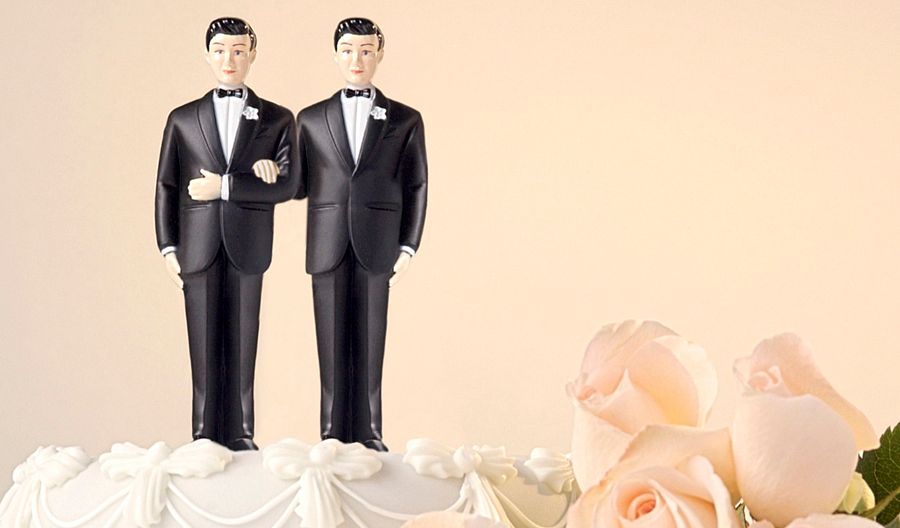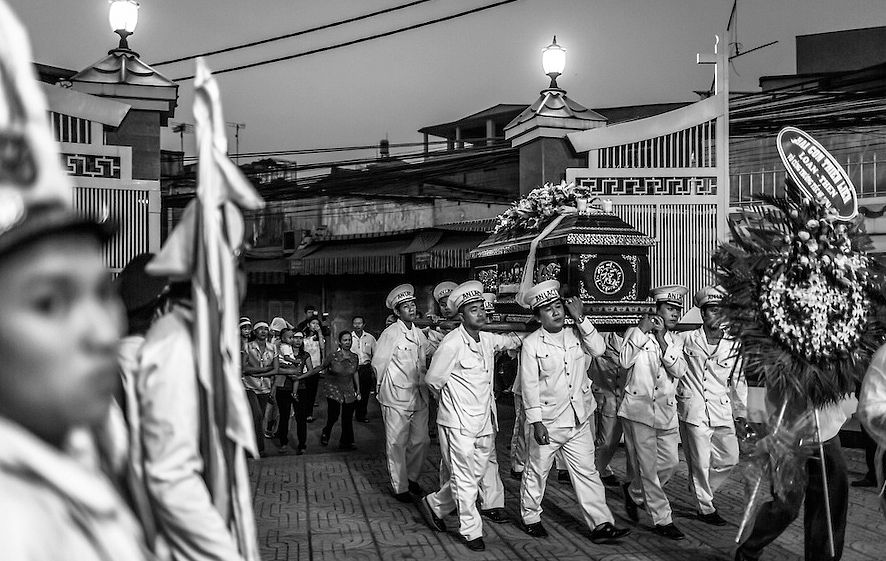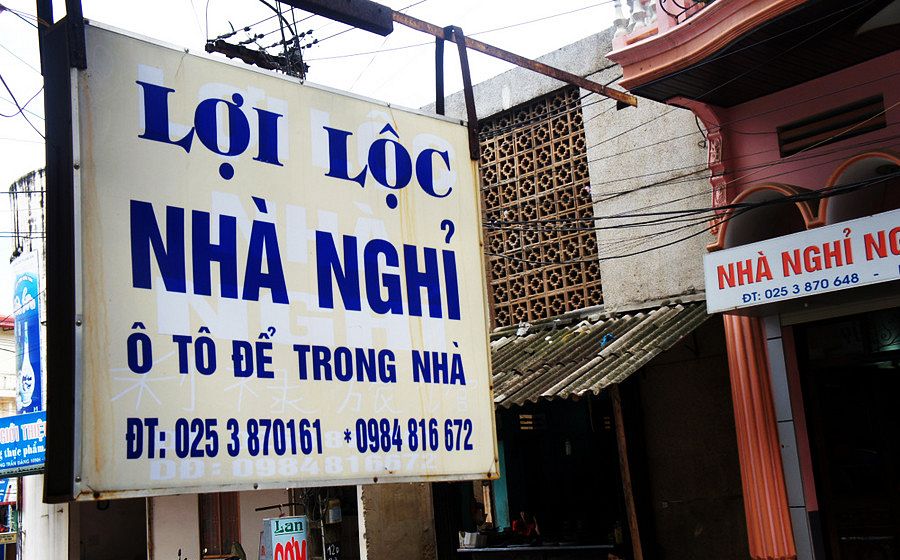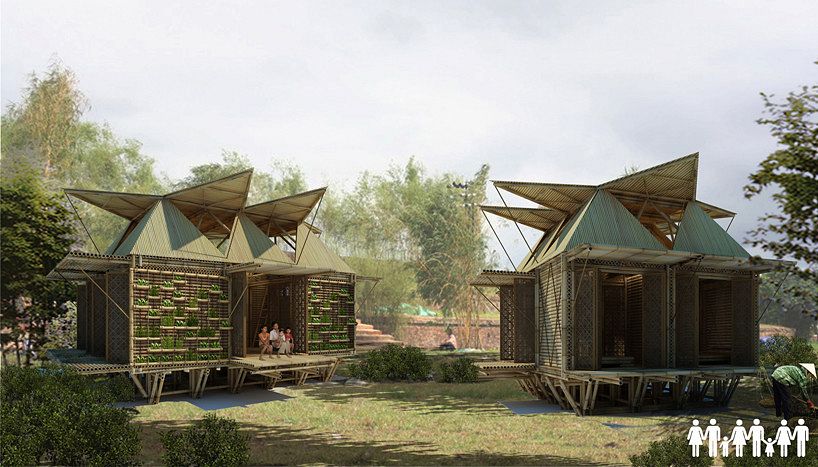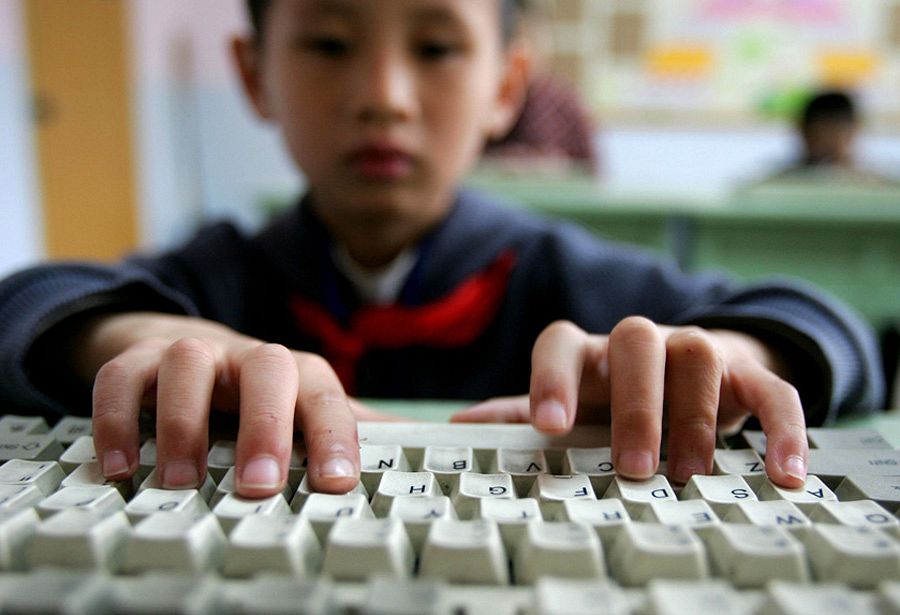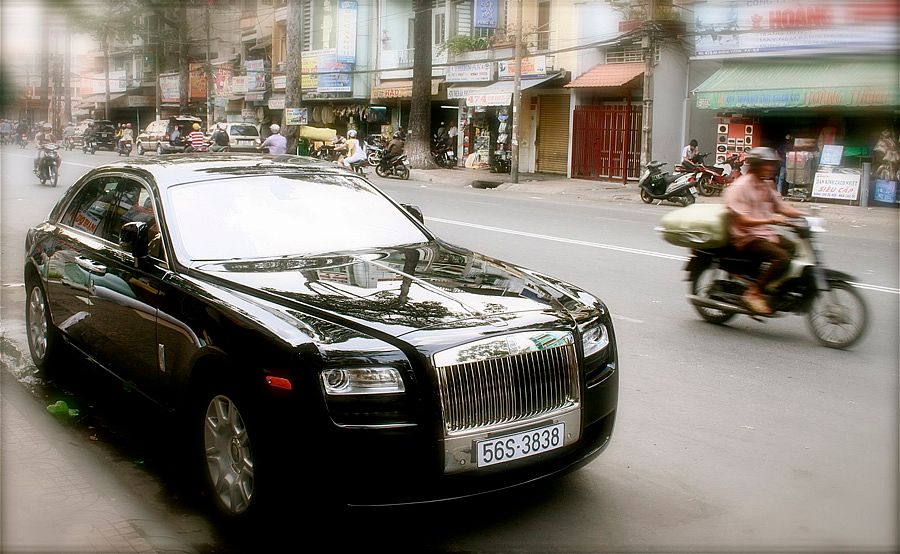Vietnam is on the path to becoming the first Asian nation to legalize same-sex marriage. This week, in Hanoi, Deputy Health Minister, Nguyen Viet Tien, told the press:
“[A]s human beings, homosexuals have the same rights as everyone else to live, eat, love and be loved. As citizens, they have the right to work, study, receive health care, register births and deaths, marry and discharge their duties to the state and the society.”
According to a recent poll by the Institute for Studies of Society, Economic and Environment (iSEE), 58% of Vietnamese surveyed oppose the idea of same-sex marriage. In spite of these statistics, momentum is shifting and LGBT rights are being discussed more openly on both social and administrative levels.
Beyond the Prime Minister’s verbal support for same-sex marriage, the government last week eliminated the fines and penalties levied under the Marriage and Family Law which banned same-sex marriages. Finally, last July, the Ministry of Justice announced that the legislature will debate the legalization of gay marriage in this year.
On a social level, the struggle for LGBT rights has been garnering public support as evidenced by the country’s first Gay Pride parade which took place last August in Hanoi.
The iSEE poll revealed that while the majority of Vietnamese surveyed support rights for the LGBT community, this doesn’t mean they view the community in a positive light:
“The study…showed that 90 percent of people have a negative understanding of the LGBT (lesbian, gay, bisexual, and transgender) community and therefore stigmatize people of this community. 75 percent support a homosexual person's civil rights to find their own happiness, like adopting children, and 36 percent support same-sex marriages.”
These numbers are not surprising considering the conservative nature of Vietnamese society and that LGBT rights are new to the public. And, while Vietnam lacks the western trends of physical oppression in the form of beatings and murders, there is still a deep misunderstanding about what it means to be gay.
Hopefully, as Vietnam’s LGBT community becomes more visible, society’s understanding of it will grow. To that end, My Best Gay Friend, a Vietnamese YouTube sitcom, is the first to popularize the country’s gay culture. The show has received mixed reviews, but with over 1 million views on YouTube, there’s no denying its popularity. So much so that, according to The Diplomat, the show is helping to change the mass media’s portrayal of the gay community:
“Thanks to efforts like this sitcom, a 1,200 person-strong flashmob appeared in support of LGBT rights last September, and with a shift in the mass media’s representation of the LGBT community, the negative perception surrounding the community in Vietnam is gradually changing for the positive.”
There’s a lot more work to be done before LGBT equality is a reality in Vietnam. But considering the struggles countries such as the US face with the same issue, there’s a strong possibility that Vietnam makes it to the finish line first.

